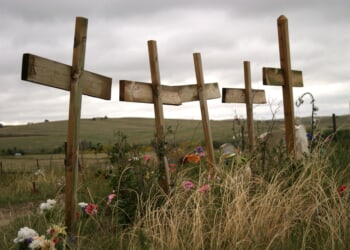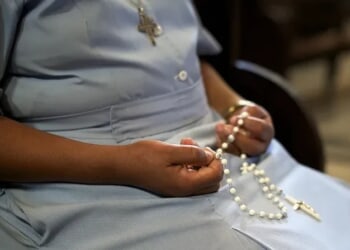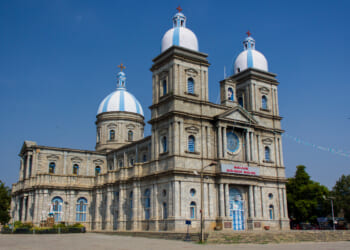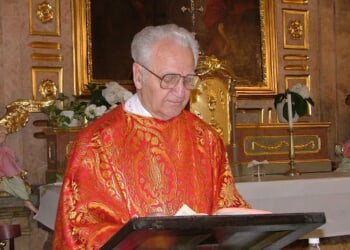Dr Tim Aker is a Communications Consultant and Academic Director of the Margaret Thatcher Centre. His latest book is ‘Popular Individualism: An Introduction to the No Turning Back Group’
Long before the Conservative ‘Five Families’, Tory MPs mostly organised through dining clubs for company and camaraderie into the late nights of pre-Blair parliamentary sittings. The most notable of these were the 92 Group for Thatcherite MPs and the Lollards for the party’s ‘wets’. Whilst these had identifiable core principles and belonged to a particular wing of the party, they were not think tanks.
Forty years ago today, 3 November 1985, the No Turning Back (NTB) group launched through the publication which gave them its name. The difference was they were dining club that acted like a think tank. Their ideas shaped the late Thatcher administration and successive administrations too.
Whilst the Institute of Economic Affairs has always been cross-party and the font of debate to influence them all, the NTB was the brainchild of its then director-general, Lord Harris of High Cross. In 1981 Harris convened a group of peers (he had been ennobled by Mrs Thatcher in 1979) to form the Repeal Group. They recommended the abolition of anachronistic laws such as the government regulation of the sale of spectacles. They hoped to chisel away the size of the state one redundant law at a time.
After the 1983 landslide Harris took his model into the Commons.
Sound MPs were invited to the Lords Group as observers and soon founded their own Commons Repeal Group. It was more political than its counterpart. In addition to doing away with anachronisms, it wanted to argue for reform of public services along market lines.
Accordingly, these MPs called themselves the ‘Disciples’, without designating whether they followed Adam Smith, Milton Friedman or Friedrich Hayek. Much regret was given to the name, but in hindsight it was appropriate: originally there were twelve and one would defect to Labour in the 1990s.
By 1985 there was a view that the government had lost its way. In May Francis Pym, sacked after the 1983 election, formed Centre Forward to challenge Thatcherism. It was a warning. In Pym Mrs Thatcher faced her most formidable opponent yet.
Yet he surrounded himself with the same anti-Thatcherites who attempted to undermine Mrs Thatcher in her first term. It therefore offered nothing new. For all his experience as a Chief Whip, it came to nought. Centre Forward lasted a week, torn between those who wanted Mrs Thatcher removed and those who wanted a change of course. Seeing the threat emerge, the Disciples went to see Mrs Thatcher in June and from that meeting sprung No Turning Back: A New Agenda from a group of Conservative MPs (see the document for the list of founding members).
The paper lauded the government’s achievements but was equally clear that the wobble was real, and that the government had to get back on track. The problem with Thatcherism was its association with cold monetarism and high unemployment. The government hadn’t gone far enough in reducing public expenditure. To the NTB the liberating benefits of Thatcherism had to be spread far and wide, an example being the sale of council houses. The expansion of property ownership had been revolutionary, a massive transfer of capital from the state to individuals. That should be the direction of travel with other public services.
There was, however, an almighty catch.
In No Turning Back the group did not automatically rush to defend privatisation in health or education. Education vouchers would be immediately counterproductive: the independent sector was not ready for it. Even if supply had increased by a third, it would still leave three quarters of students in the state sector. The shock therapy of privatisation in health was equally troublesome. Indeed, Mrs Thatcher had made these points towards the end of her first term.
Rather, they wanted a permanent revolution in increments. Their first task was to articulate individualism within the state sector, to make free choice as popular in health and education as it had been in housing.
In education these proposals included the provision for funding to follow the pupil to whatever state school parents wished. Schools were to become independent of local authorities, with boards elected by parents and a headmaster taking the role of CEO. Sound familiar? It’s the basic premise of academies and free schools.
The same was true for health. Funding should follow the patients and hospitals should become independently managed units within the state sector. Private management should be brought in, hospitals can buy care from wherever they choose. Again, these proposals were initiated by the Thatcher government and built upon by Conservative and Labour governments. Foundation Trusts are the embodiment of these ideas.
In my primer published today by the Bruges Group on the origins and papers of the NTB, it is quite something to see their influence and their own development as a group. Within the space of five years the NTB eventually supported further liberalisation of health and education – and even pensions. Their 1990 document The Enabling State is peak Thatcherism and well worth a read. It sums up the ideological splits in the party just before the defenestration of November 1990.
The NTB were the brains trust of late term Thatcherism. Other groups, notably the 92, were the foot soldiers. What the NTB did was to provide the intellectual drive to keep Thatcherism going.
Perhaps as our national finances decline their ideas are worth revisiting?

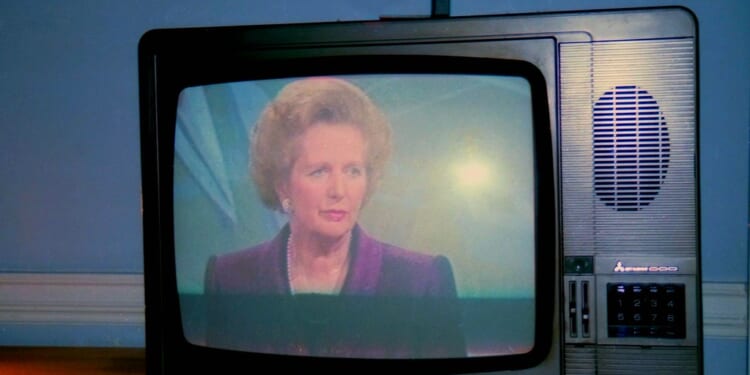






![Keith Ellison Caught Promising to Fight State Agencies for Somali Fraudsters [WATCH]](https://www.right2024.com/wp-content/uploads/2026/01/Keith-Ellison-Caught-Promising-to-Fight-State-Agencies-for-Somali-350x250.jpg)




